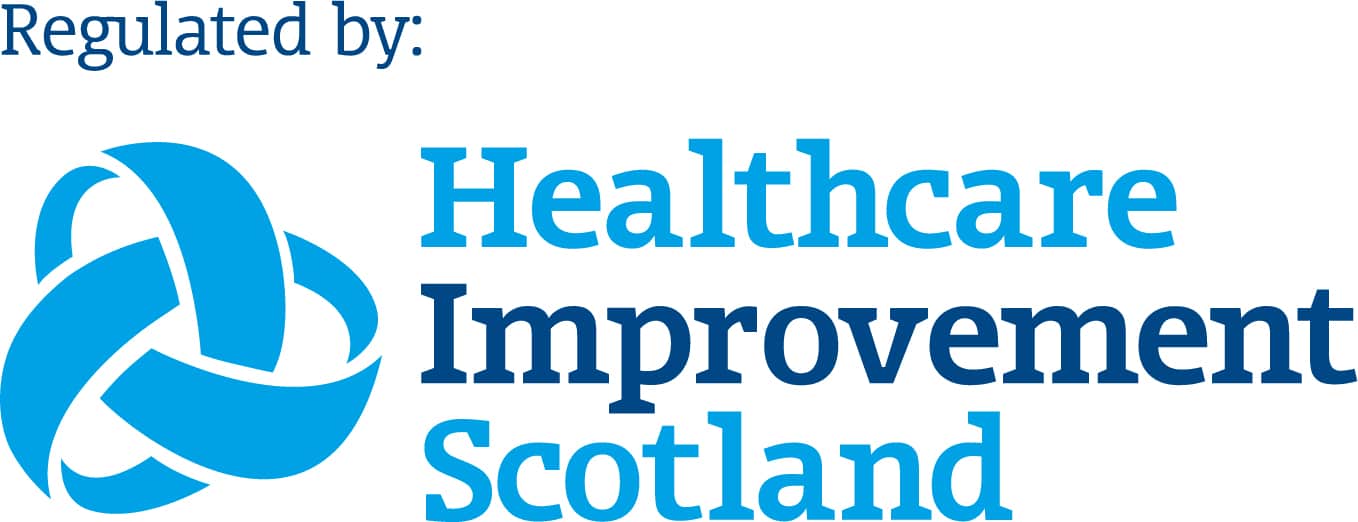It’s 2017 and technology has made so many things in our lives easier, faster and more accessible. Our thirst for knowledge, instant gratification and the latest gadget has created many industries that weren’t around a few years ago. We like to think these technological advances are adding to our lives in a positive way but have you considered the other reality? Is the latest amazing must-have gadget going to be detrimental to your health?

A technological conundrum we see is with the popular ‘At Home Doppler Devices’ for pregnant women. In a nutshell, you have a device that you run over your pregnant belly, detect your baby’s heartbeat then listen to it through a speaker or headphones. Some even record the sound so you can ‘listen to it like music’ or ‘share with friends and family’. You can find them on Amazon for as little as £50. In theory, it’s a good idea. Of course, any parent-to-be would love to listen to the heartbeat of their unborn child. It’d be reassuring and exciting to marvel at what is happening in the mother’s body. But we also see the flip side…
We’ve had patients book urgent appointments for a Foetal Wellbeing Check ultrasound because they weren’t able to find the baby’s heartbeat. The pregnant women had tried but failed to detect a heartbeat so they assumed the worst. This can cause a significant amount of emotional distress and even elevate their blood pressure. If you’ve done this and you’re already at risk of hypertension or preeclampsia, this added stress can be harmful to you and your baby. Certainly, failing to find the heartbeat may signify something is wrong but more-often-than-not, in the hands of unskilled people, these Doppler devices are probably not detecting the heartbeat due incorrect placement, baby position or an anterior placenta. Fortunately, a quick ultrasound with a qualified professional can put these patients at ease.
Alternatively, some patients use their At Home Doppler Device to monitor their pregnancy and think everything is going swimmingly. After weeks of listening to the Doppler signals coming from their belly, they may attend a routine ultrasound scan or midwife check-up only to find their baby’s heart stopped weeks ago and the pregnancy isn’t progressing as well as they thought. Often in these cases, the expectant mothers had been listening to their own heartbeat. To an untrained ear, maternal and baby heartbeats can sound similar and lead to this mistake.
Have you had any experience with an At Home Doppler Device? Do you think they’re an important part of bonding with a baby or feel we should connect with these happy experiences as they happen at medical appointments and hold onto the feeling of joy they bring? Let us know what you think!!


